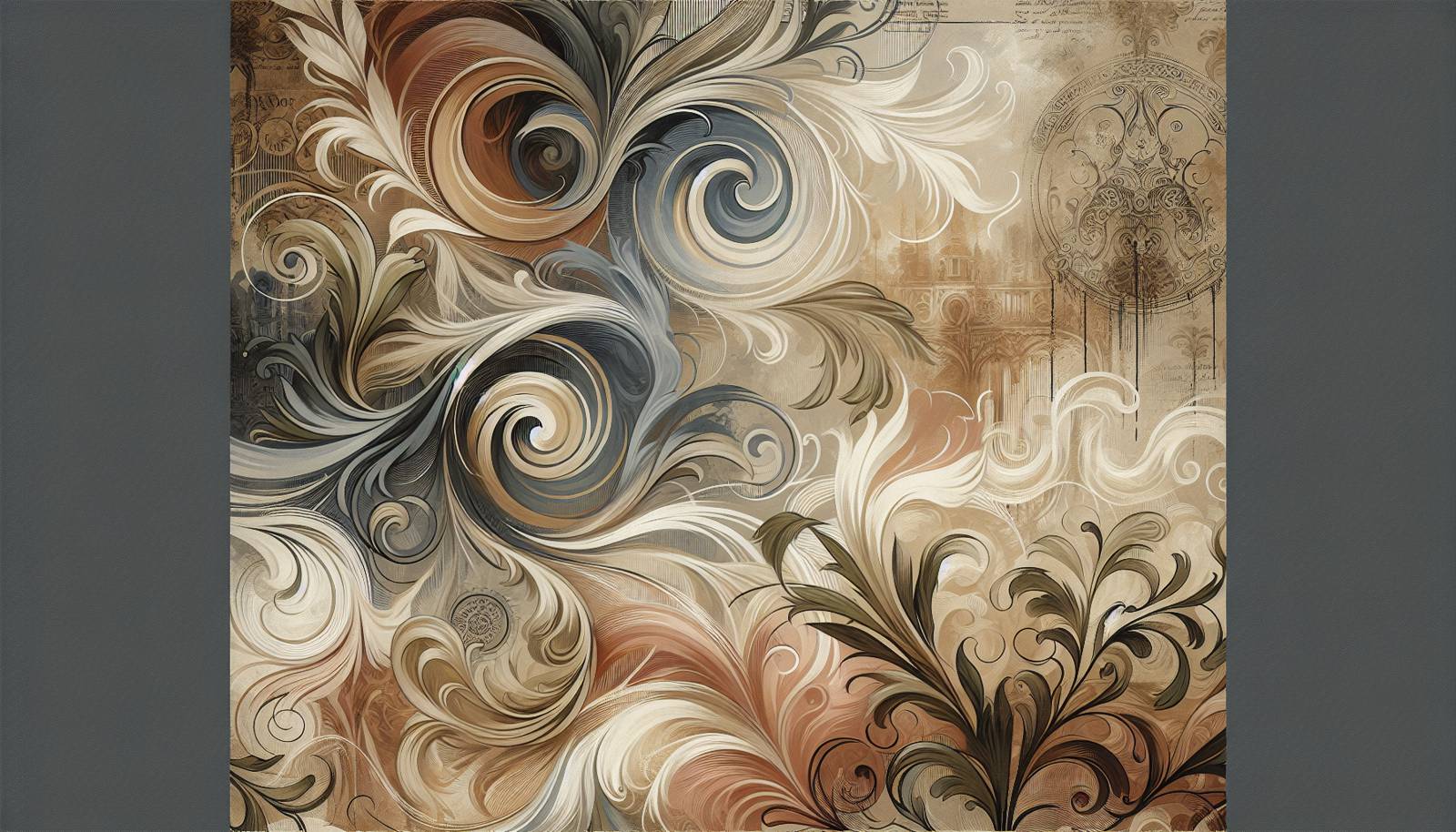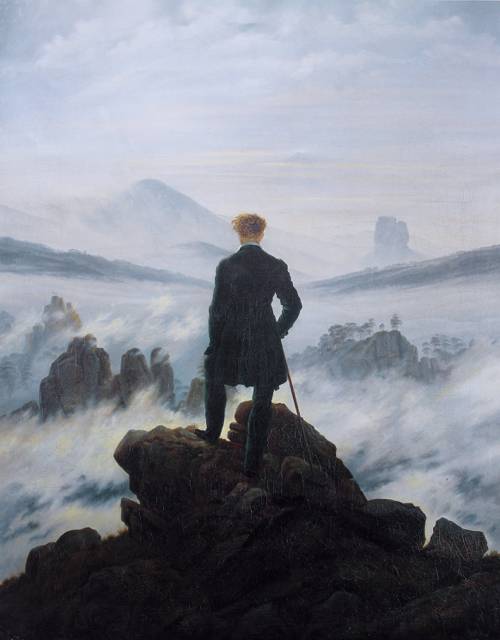
FAQ About The Influence of Romanticism on Modern Literature

What is Romanticism in literature?
Romanticism was a literary movement that originated in the late 18th century, emphasizing emotion, individualism, and nature. It was a reaction against the Industrial Revolution and the Enlightenment's focus on reason. Key characteristics include an emphasis on emotional depth, a glorification of nature, and an interest in the sublime and the supernatural. Notable Romantic writers include poets like William Wordsworth and John Keats, and novelists like Mary Shelley.

How does Romanticism influence modern literature?
Romanticism influences modern literature by continuing to shape thematic elements, narrative styles, and character development. Themes of intense emotion, the beauty and power of nature, and the value of individual experience remain prevalent in modern storytelling. Authors often draw on Romantic ideals to create richly emotional narratives and complex characters, exploring subjectivity and inner turmoil.

Are there any modern literary works that exemplify the influence of Romanticism?
Yes, modern literature frequently reflects Romantic influences. For instance, works like Arundhati Roy's "The God of Small Things" and Haruki Murakami's novels often emphasize individual experiences and emotional depth, echoing Romantic ideals. Furthermore, the emphasis on nature and the human experience in Barbara Kingsolver's "Flight Behavior" is reminiscent of Romantic values.

What themes from Romanticism are still present in modern literature?
Themes from Romanticism that persist in modern literature include the exploration of intense emotion, the beauty and power of nature, and the value of personal and subjective experiences. Modern literature often reflects on individualism and the emotional struggles of characters, as well as a continued fascination with the supernatural and the sublime.

How does Romanticism's focus on nature appear in contemporary works?
In contemporary literature, the Romantic focus on nature often appears as a backdrop for exploring emotional and existential themes. Authors like Richard Powers in "The Overstory" use nature and environmental themes to highlight the interconnectedness of human and non-human life. This emphasizes Romantic ideals of nature's grandeur and significance.

What is an example of a modern author influenced by Romanticism's narrative style?
One example of a modern author influenced by Romanticism's narrative style is Kazuo Ishiguro. His writing often delves deep into characters' introspections and emotional states, akin to the Romantic focus on personal experience and emotion, as seen in novels like "Never Let Me Go" and "The Remains of the Day."

How did Romanticism change the focus of literature from the Enlightenment?
Romanticism shifted literature's focus from the Enlightenment's emphasis on reason, logic, and scientific observation to a preoccupation with emotion, nature, and individual experience. The Romantic movement highlighted the subjective experience and the expression of deep emotional states, contrasting sharply with the Enlightenment's rationalist approach.

Why is emotion important in Romantic literature, and how does it translate to modern works?
Emotion is central to Romantic literature because it was seen as a true expression of individuality and a response to the industrial and rational constraints of the time. In modern literature, this emphasis on emotion manifests in the complex exploration of characters' inner lives and feelings, frequently driving plot and thematic development.

In what ways do modern writers incorporate Romantic elements into character development?
Modern writers incorporate Romantic elements in character development by focusing on characters' emotional depth and personal transformations. They create multi-layered personalities that explore inner conflicts and desires, often framing these within the natural world or through supernatural elements, reminiscent of Romantic literature.

Does Romanticism still influence the depiction of the supernatural in modern literature?
Yes, Romanticism continues to influence the depiction of the supernatural in modern literature. The fascination with the unknown and the mystical is often employed to explore existential questions and emotional experiences, seen in the works of authors like Neil Gaiman, where the supernatural is woven seamlessly into everyday life.

How is Romanticism's glorification of nature exhibited in environmental literature today?
Environmental literature today often exhibits Romanticism's glorification of nature by emphasizing its beauty, power, and importance in human lives. Works like "The Overstory" by Richard Powers showcase the relationship between humans and nature, stressing the awe-inspiring and interconnected nature of all life, a hallmark of Romantic thought.

What are some misconceptions about the influence of Romanticism on modern literature?
A common misconception is that Romanticism's influence is limited to poetry or certain literary genres. In reality, Romantic ideals permeate various modern genres, including novels, short stories, and even speculative fiction, by continuing to emphasize emotion, individuality, and the natural world.

Are there particular genres where Romanticism's influence is more prevalent today?
Romanticism's influence is particularly prevalent in genres like fantasy, lyrical fiction, and environmental literature, where themes of emotion, nature, and the supernatural are prominently featured. These genres often emphasize individual experience and the emotive, subjective aspects of storytelling.

How does Romanticism's focus on emotion affect modern storytelling techniques?
Romanticism's focus on emotion affects modern storytelling techniques by encouraging writers to delve into characters' psychological landscapes. This results in narratives rich with introspective and emotive content, often using a first-person perspective to emphasize personal experience and emotional resonance.

Can Romanticism's emphasis on the individual be seen in modern character arcs?
Yes, Romanticism's emphasis on the individual is evident in modern character arcs, where personal growth, self-discovery, and internal conflict play significant roles. Characters are often portrayed as searching for identity and meaning, reflecting the Romantic ideal of the individual's importance.

Do modern literary movements explicitly draw on Romantic themes?
Modern literary movements such as postmodernism and magical realism often draw on Romantic themes, especially the focus on individual perception and the blending of reality with the fantastical. While the expression and context may differ, the underlying Romantic elements of emotion and nature persist.

How have Romantic concepts evolved in contemporary digital literature?
In contemporary digital literature, Romantic concepts have evolved to include interactive and multimedia elements that enhance emotional engagement and personal connection. Themes of nature and emotion are often explored through digital storytelling platforms, allowing for immersive narrative experiences.

What role does Romanticism play in modern poetry?
Romanticism plays a significant role in modern poetry by influencing themes of emotional expression and a deep connection with nature. Poets continue to explore intimate feelings and the sublime aspects of the natural world, mirroring the Romantic focus on personal and aesthetic experience.

How does Romanticism contribute to the popularity of nature writing today?
Romanticism contributes to the popularity of nature writing today by fostering a deep appreciation for the beauty and complexity of the natural world. This has led to a resurgence in literature that celebrates environmentalism and the profound emotional resonance of interacting with nature.

Why do some critics argue Romanticism is more relevant today than ever before?
Some critics argue that Romanticism is more relevant today due to the increasing relevance of environmental issues and the ongoing human quest for emotional authenticity and identity. In a rapidly changing world, Romantic ideals offer a sense of continuity and a deeper understanding of human experience.
